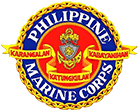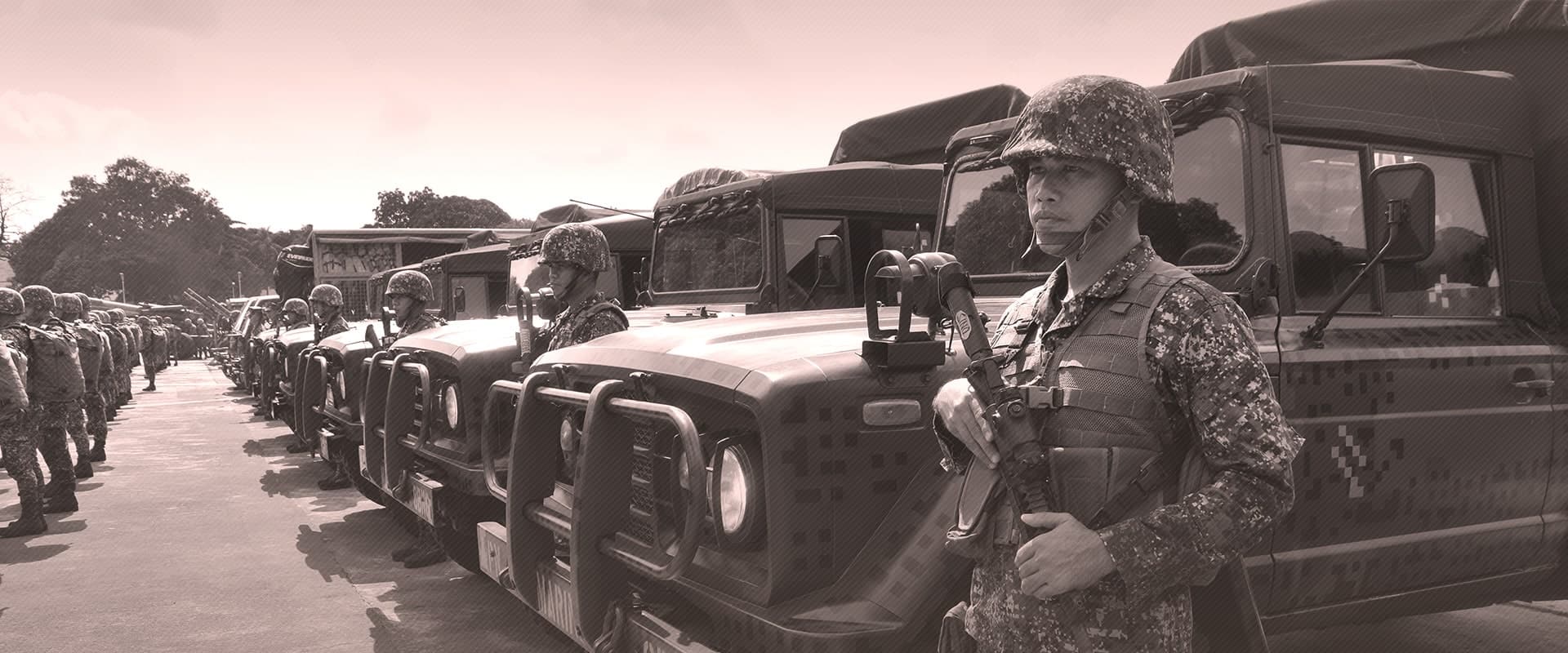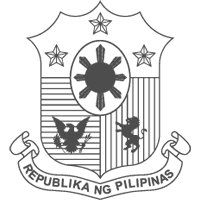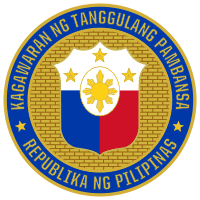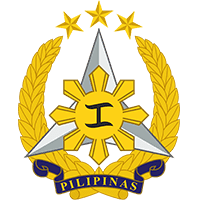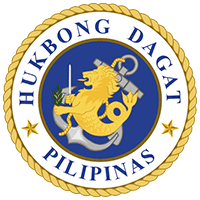
Marine Barracks Rudiardo Brown, Ft Bonifacio Taguig City - The Command, through the Office of the Assistant Chief of Marine Staff for Financial Management, MC10 spearheaded the annual conduct of the “PMC Budget Forum” for the preparation of the Annual Plan and Budget for CY2025 last 27-28 February 2024. This activity was held at the HPMC Conference Room for the physical attendees presided by the Chief of Marine Staff, COL BAYANI V CURAMING PN(M)(MNSA) and was also attended by Executive Officers, Operations and Logistics Officers, chiefs of Management and Fiscal Offices of Marine Units in the operational area virtually.
The forum proved to be a success with the presence of several Subject Matter Experts (SMEs) coming from the different government agencies specializing on budget formulation. Said SMEs provided valuable insights and discussed respective issuances vital in the formulation of the PMC Annual Plan and Budget. Their profound expertise will greatly help transform the Command’s various plans and initiatives into financially sound and responsive proposals.
The SMEs from the Department of National Defense was led by Ms Rudelyn S Yaon, Chief, Program Analysis and Evaluation Division, Office for Plans and Programs started the forum by briefing the participants of the Defense System of Management (DSoM). It is a system of systems that links capability development strategy to resource management. Ms. Jeremy Marie G. Lorenzo, the Assistant Chief of the OPP, DND's Program Analysis and Evaluation Division, on the Planning and Programming Phase of the DRMS then discussed the two (2) mutually-supporting DRMS systems, the Planning, Programming and Budgeting System (PPBS) and the Financial Management System (FMS), which are made up of processes such as defining options, evaluating SND-established programs, and outlining priorities based on capability-based objectives. Ms. Luz V. Sison, the OIC of the Budget Division, Office of the Financial Management focused her lecture on the Budgeting System focused on processes based on the guidelines of the Program Decision Memorandum (PDM) and National Budget Call by the DBM. She also delivered DND’s Priority Agenda for FY2024 which includes Re-Organization, Military Pension Trust Fund and Self-Reliant Defense Posture (SRDP) Program. Ms. Bernadette G. Garcia, the Assistant Chief of the Management Division, OFM lectured about the Financial Management System (FMS). Ms Garcia stressed that the Program Performance Reporting needs to cover the current and prospective Financial Management issues along with appropriate solutions. The Program Performance and Budget Execution Review (PPBER) is one of the reports that PMC prepares and complies with for the necessary assessment of budget utilization and implementation.
The Department of Budget Management was also represented by Assistant Director Carlos M Castro and Ms Mary Rose P. Aguilar, Division Chief, both from the Budget and Management Bureau-D as resource persons. Mr. Rainier V. Barrida, the Acting Supervising Budget Specialist from the same Bureau, discussed about the Execution of FY2024 Budget through Annual Cash-Based Budgeting Approach and Preparation. Mr. Barrida spoke eloquently on the Cash Budgeting System (CBS), which limits payments and obligations within the fiscal year and allows for extensions from 3 months up to two years beyond the expiration of the agency's appropriation.
After the DBM’s lecture, Mr. Aldwin H. Jumaquio, Ms. Janina Faith C. Casucog, and Ms. Laarnie W. Capistrano, all from the National and Economic Development Authority (NEDA) Public Investment Program (PIP) Secretariat, presented the PIP Guidelines. It includes priority programs and activities that contribute to meeting PDP targets and achieving the outcomes indicated in the PDS Results Matrix. As a result, for the agency's projects to be included in the PIP, they must meet the following three (3) criteria: responsiveness, readiness, and typology. Ms. Patrice Celine C. Ordonio, Three-Year Rolling Infrastructure Program (TRIP) Secretariat of NEDA, gave an overview of the TRIP. Said program acts as the framework for the funding program for the next three (3) years, defining which infrastructure initiatives and projects should be included in the national budget. The prioritization process for Tier II Proposals is included in the overview, which consists of three (3) levels: first, it must contribute to Philippine development goals and be ready for implementation, second, it must have spatial/geographical context and a programming approach and lastly, the agency must have a Budget and Utilization Rate of at least 85%.
After the series of lectures and productive open forum between the resource persons and attendees, Day 1 of the Budget Forum has concluded.
On the Forum’s second day, Engr. Nenita R. Jimenez, Division Chief/Engineer V of the Development Planning Division, from the Department of Public Works and Highways (DPWH), briefed the attendees on the DPWH-DND Convergence Program (TIKAS – Tatag Imprastraktura para sa Kapayapaan at Seguridad). The DND and DPWH signed a Memorandum of Understanding (MOU) that addressed collaborative efforts to create a security climate conducive to national growth. Further, she presented the three (3) main infrastructure category that are being considered under the TIKAS Program; armory/storage facility, personnel barracks and training facilities.
CPT CHRISMO B GITTABAO PN(M), Chief, Fiscal and Resource Allocation Branch of O/MC10, presented the Financial Performance of the Command FY2023. He explicitly and repeatedly stated that the PMC's continuing excellent performance is a manifestation of the collective efforts of the PMC Leadership and Financial Management operators. He urged all the attendees to continue to strive in order to implement and utilize both appropriated and non-appropriated funds of the PMC. This effort will allow our organization to possibly request and receive additional funds due to our high absorptive capacity.
For the last presentation, MAJ RYAN P FEDERICO PN(M), Chief, Program and Budget Branch of O/MC10, presented the Budget Highlights for FY2024. These include the approved Tier I activities, Approved Tier II P/A/Ps which composed of the requirements of the newly-acquired assets, acquisition of Mission Essential equipment and facilities, support to medical supplies of PMC personnel and first year of the 4-year procurement program of the UN standard TOE requirements of PKO Battalion and lastly the approved activities funded under Congressional Insertion. In summary, the approved budget for the current year amounted to 10 billion pesos which is very essential to support the various activities of the Command.
On the last part of the forum, COL BOB R APOSTOL PN(M)(MNSA), the Marine Corps Inspector General, conveyed his personal takeaways during the fruitful Budget Forum. In his speech, he expressed how much he valued the forum's ability to provide program managers with administrative support through a series of lectures on planning, programming, and budgeting. He stressed and further urged all the attendees to "go back from where they come from – that, so long as they are wearing their uniforms and combat boots, they are managers of violence." He also encouraged Program Directors to consider the frontliners' needs during programming. Furthermore, he also identified three (3) essential elements to consider while formulating the budget; first is Prudence, that is, ensuring how efficient each implementers exhaust their allocated funds. Next is Propriety, the appropriateness of programming, thinking to whom should the programmers dedicate each program and projects. And lastly, Patience. Always consider our colleagues and the people around us because one day, they will eventually have to perform the same tasks.
Our MCIG concluded by delivering the closing remarks. When creating new projects, our Commandant gave the Program Directors the directive to always keep our nation's security and sovereignty in mind. They must be in line with national policies and initiatives. He also emphasized the need of having a clear vision, being adaptable, and being sensitive to the changing demands of the Corps. The DOTMPLF idea should involve more than simply financial outlays; it should also improve lives and result in observable actions. CPMC emphasized the value of transparency and fiscal restraint in his parting remarks. We must maximize accountability while reducing risk as much as feasible.
Overall, the two-day Budget Forum was a success. With excellent feedback and notable takeaways from the attendees, the Office of Financial Management, MC10 was driven to organize more related trainings that will assist program managers, particularly those in the operational areas, in developing their programs with prudence, appropriateness, and patience.
